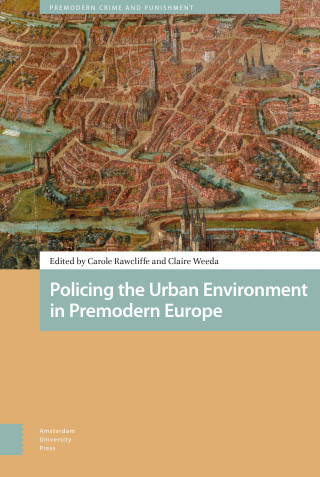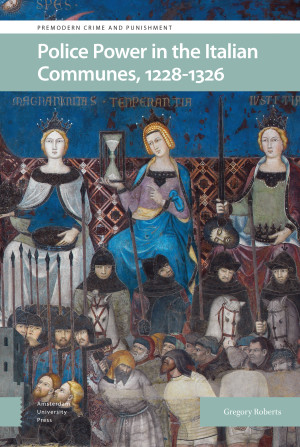"Police Power in the Italian Communes surely deserves to be recognized as one of the foundational studies of police power in the late medieval Italian communes, especially Bologna. Roberts’s book is dense and complex but will repay significant dividends for readers interested in violence, justice, and related issues in the medieval Italian urban context and beyond. Indeed, the author deserves great credit for his interdisciplinary approach to the topic, his well-organized and persuasive arguments, and his skillful marshalling of rich veins of archival evidence. It is certainly, to borrow from Francis Bacon’s famous taxonomy, a book "to be read wholly, and with diligence and attention," but one well worth the time and effort."
- Peter Sposato, The Medieval Review, 22.02.04 (2022)
"Policing Power is an important piece of scholarship that is thoroughly researched and well-written. It is a pivotal work for historians interested in the pre-modern formation of law enforcement and adds a much-needed perspective on questions about the fluid role of the policing power and how society navigates them."
- Mohammed Allehbi, The New Rambler Review (2020)

